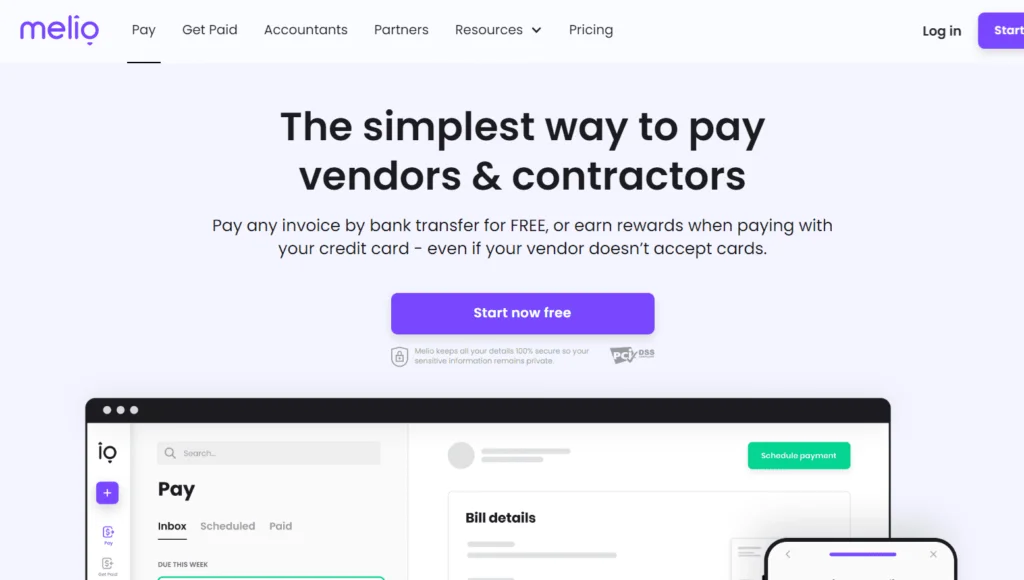Introduction:
In the competitive landscape of Customer Relationship Management (CRM) software, Close CRM emerges as a formidable solution, aiming to streamline sales processes and foster stronger customer relationships. This detailed review delves into the features, pros and cons, pricing structure, target markets, and alternatives of Close CRM.
Features Offered:
Close CRM distinguishes itself with a robust feature set tailored to sales optimization:
- Email Automation: Automate personalized email sequences to engage prospects efficiently.
- Sales Pipeline Management: Visualize and manage deals through customizable pipeline stages.
- Calling and SMS Integration: Conduct calls and send texts directly from the CRM interface, facilitating seamless communication.
- Activity Tracking: Monitor team activities and log interactions with prospects for comprehensive follow-ups.
- Reporting and Analytics: Access insightful reports and dashboards to track sales performance and team productivity.
- Integration Capabilities: Seamlessly integrate with essential tools like Slack, Zapier, and lead generation platforms.
Pros and Cons:
Pros:
- Powerful Automation: Close CRM streamlines repetitive tasks, saving time and increasing efficiency.
- Seamless Communication: Built-in calling and SMS features enhance responsiveness and engagement.
- Insightful Analytics: Comprehensive reporting tools empower data-driven decision-making.
- User-Friendly Interface: Despite advanced features, Close CRM maintains an intuitive interface, reducing the learning curve.
Cons:
- Pricing: While competitive, the cost may deter smaller businesses or startups.
- Customization Limitations: Some users may find customization options comparatively limited.
- Integration Complexity: Integrating with third-party tools may require technical expertise.
Pricing:
Close CRM offers three pricing plans:
- Starter: Starting at $25 per user per month, it caters to individuals and small teams.
- Professional: Priced at $65 per user per month, this plan suits growing businesses.
- Business: Tailored for larger teams and enterprises, pricing is available upon request.
Best Suited For:
Close CRM finds popularity in:
- Sales-Driven Organizations: It’s ideal for those prioritizing sales automation and customer engagement.
- Remote Teams: With cloud-based access and collaboration features, it suits remote work environments.
Other Alternatives:
While Close CRM offers a comprehensive solution, alternatives include:
- Pipedrive: Known for simplicity and pipeline management, popular among small to medium-sized businesses.
- Salesforce: Offers extensive customization and a vast ecosystem, suitable for businesses of all sizes and industries.
- HubSpot CRM: With an intuitive interface and full-suite tools, it’s favored by those seeking an all-in-one solution.
In conclusion, Close CRM presents a feature-rich option for businesses seeking sales optimization and improved customer relationships. While pricing and customization may pose challenges for some, its automation capabilities, communication tools, and analytics make it a compelling choice for sales-focused organizations, particularly in remote work settings. However, exploring alternative options based on specific business needs is crucial before making a decision.








